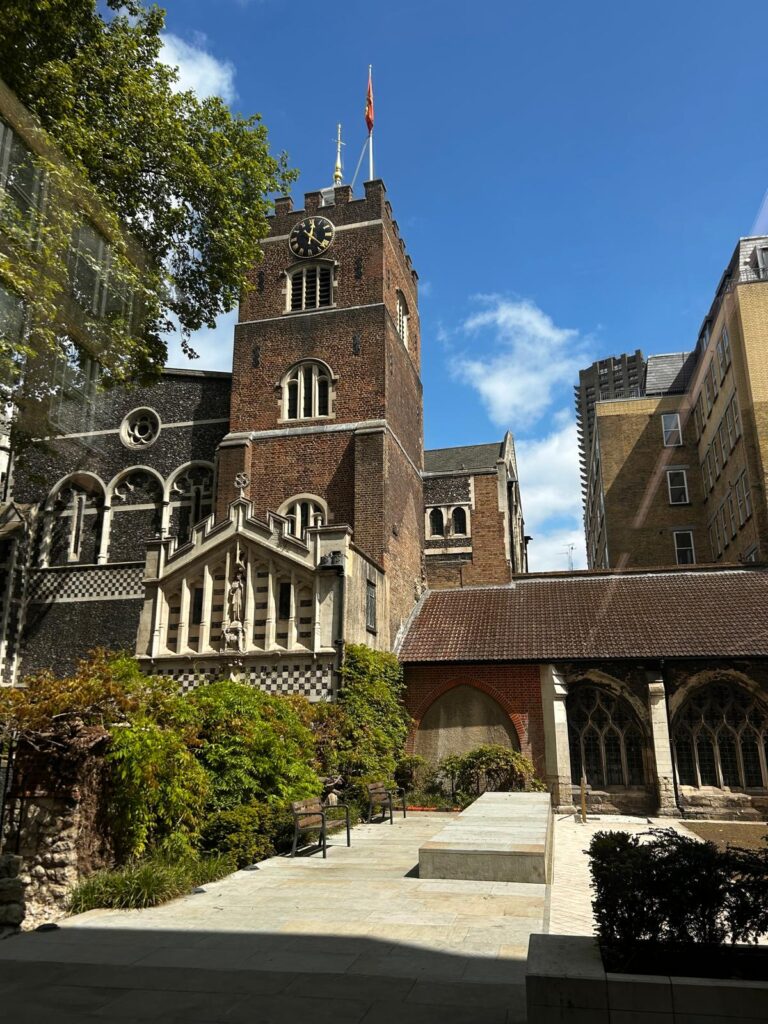
S.A.D. stands for Seasonal Affective Disorder and it is a condition that is most likely to occur in winter and usually improve with the arrival of spring. Symptoms can be similar to depression, they can manifest with mood changes, sadness, change in appetite (usually eating more and craving carbs), disturbed sleep (usually too much), fatigue, loss of energy and loss of interest in social and daily activities that were previously enjoyed. S.A.D can also make it hard to concentrate.
S.A.D can begin at any age, but it seems to be more common in younger people (18-30) and women,who are three times more likely to be affected than men. You are also more likely to develop it if you have a relative suffering from it or another form of depression. People who are more likely to suffer from S.A.D usually live at high latitudes or in cloudy regions. Although the exact causes of SAD are unclear, it’s often linked to the reduced amount of sunlight in winter.
S.A.D can affect our body clock, making us feel more tired and low. Our bodies use sunlight to regulate our sleep patterns, therefore lower levels of light in winter can disrupt our sleep cycle. People suffering from S.A.D may produce more melatonin in winter, the sleep hormone, which makes us feel sleepier. Less sunlight means lower serotonin levels and you’re more likely to feel down.
How can you treat S.A.D?
- Try to spend time outdoors in nature or in green spaces; your mental health will benefit from that.
- Exercise is always a good idea, as it can really help you sleep and feel better.
- Get enough Vitamin D, if you can’t get it from the sun there are supplements that can relieve symptoms.
- Journaling can also have a positive effect on your mood, to get some negative thoughts out of your system.
- Some people may also find light therapy effective. They use a lightbox, which is a special lamp that mimics natural light and gives off white or blue light. Light works by stimulating cells in the hypothalamus, a part of the brain that controls circadian rhythms. By activating the hypothalamus at a certain time every day our circadian rhythms can be restored, and season symptoms can be eased if not disappear.
- Talk to a doctor, if necessary, who can help to point you in the right direction.






